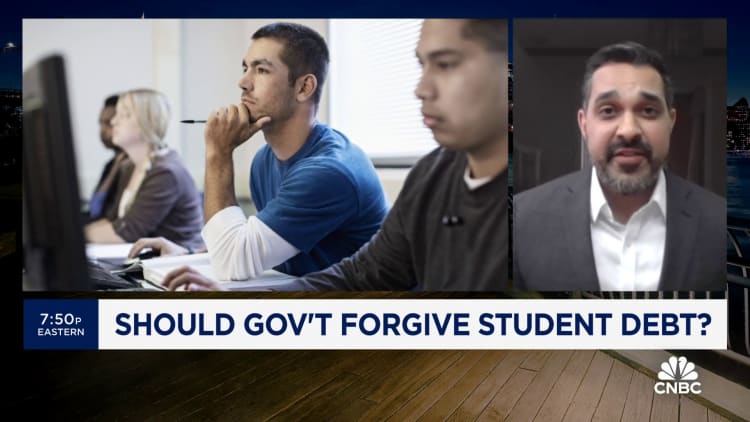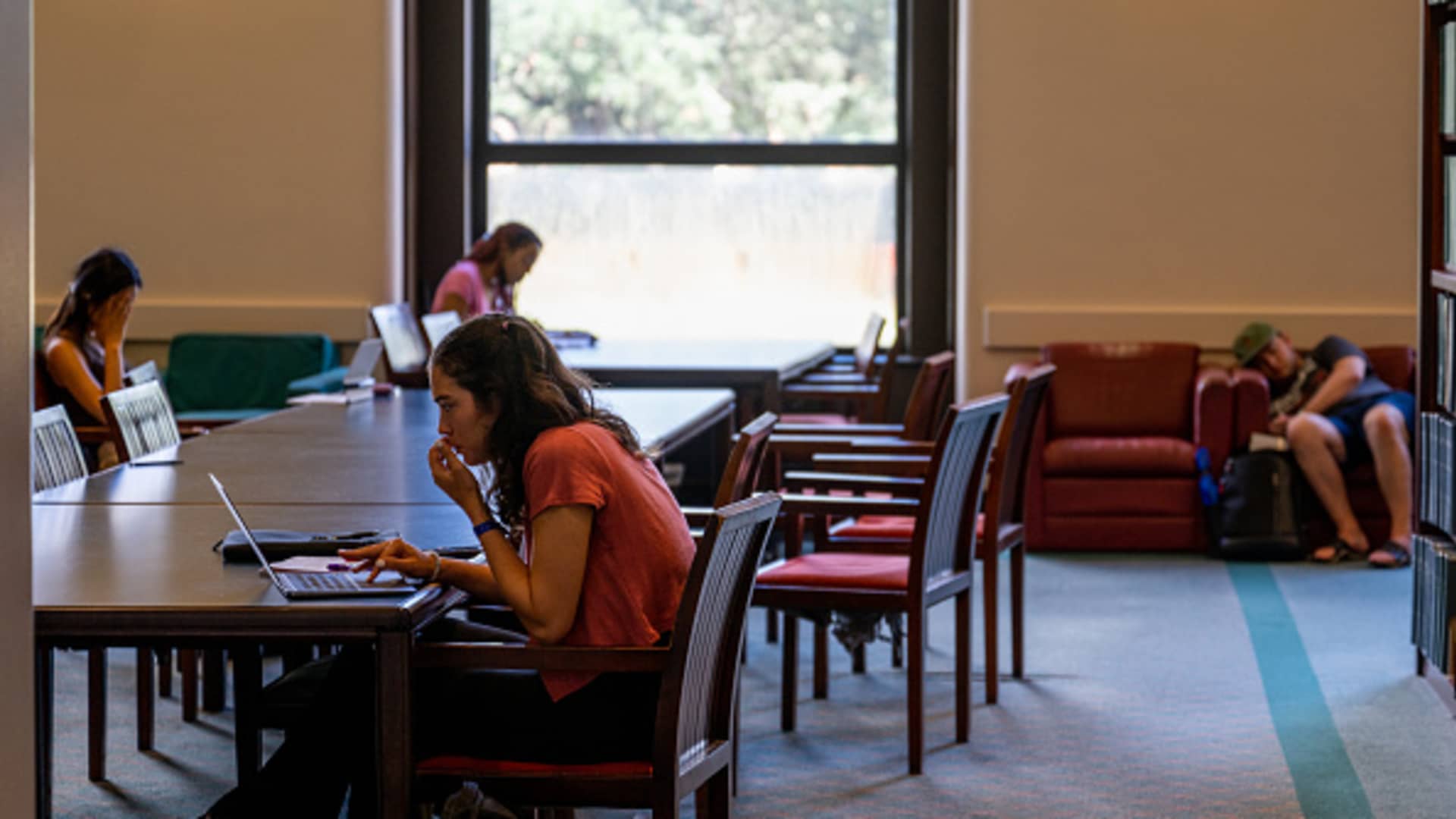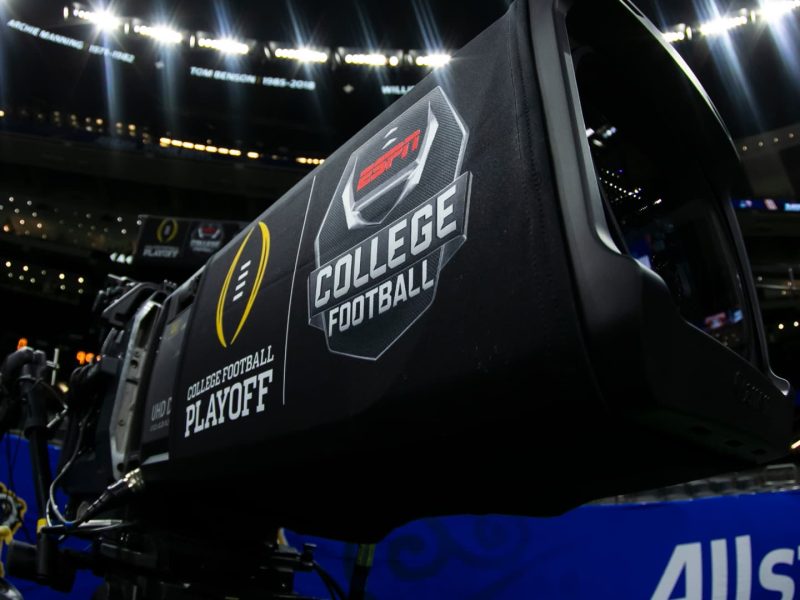
1. Borrowers with ‘runaway interest’
More than 25 million borrowers owe more than they originally borrowed in federal student loans, because of accrued interest charges, according to the Biden administration.
As part of this plan, those borrowers could get up to $20,000 of unpaid interest on their debt forgiven, regardless of income. Certain low- and middle-income borrowers, if they’re enrolled in an income-driven repayment plan, could have the entire interest balance that has accrued on their federal loan debt since they entered repayment canceled.
Anyone enrolled in the Saving on a Valuable Education (SAVE) plan or any other income-driven repayment plan would be eligible without having to apply.
2. Borrowers eligible for forgiveness programs, who haven’t applied
Consumer advocates and borrowers have complained that the government’s debt forgiveness programs can be hard to know about and to access.
In addition to the cancellation of interest, Biden’s new plan is also expected to cancel debt for borrowers otherwise eligible for relief through Public Service Loan Forgiveness or the SAVE plan or other income-driven repayment plans, but who have not successfully applied.
The Education Department will review the accounts of borrowers to identify who could be eligible for this type of relief, which would go into effect automatically, the administration said.
3. Borrowers who entered repayment over 20 years ago
Another 2.5 million borrowers would benefit from the forgiveness of student loans that have been held for two decades or longer.
Borrowers with undergraduate debt would qualify for forgiveness if they first entered repayment on or before July 1, 2005, and borrowers with any graduate school debt would qualify if they first entered repayment on or before July 1, 2000, the administration said, and both direct loans and consolidated loans are eligible for relief.
4. Borrowers who enrolled in ‘low-value’ colleges
Graduates with loans from “low-value” institutions or programs would also be eligible for loan forgiveness.
Under this part of the plan, borrowers who attended institutions or programs that closed or “failed to provide sufficient value” — meaning that graduates were left no better off than someone with a high school diploma — could apply for relief.
“Low-value” institutions are generally colleges that lost their eligibility to participate in the Federal student aid program or were denied recertification because they cheated or took advantage of students, according to the Biden administration.
Along these same guidelines, the Department of Education has already cancelled the student loans of more than 1 million students who attended certain for-profit schools, including Corinthian Colleges and ITT Technical Institute.
5. Borrowers experiencing ‘hardship’
While harder to quantify, “millions of borrowers could be eligible for relief if they are experiencing hardship in their daily lives that prevent them from fully paying back their loans now or in the future,” the administration said of another piece of the plan that would cancel student debt for borrowers who are at high risk of defaulting on their student loans or families burdened with other expenses like medical debt or child care.
With higher debt burdens, Black and Latino borrowers will benefit disproportionately from this relief, the White House also said.



